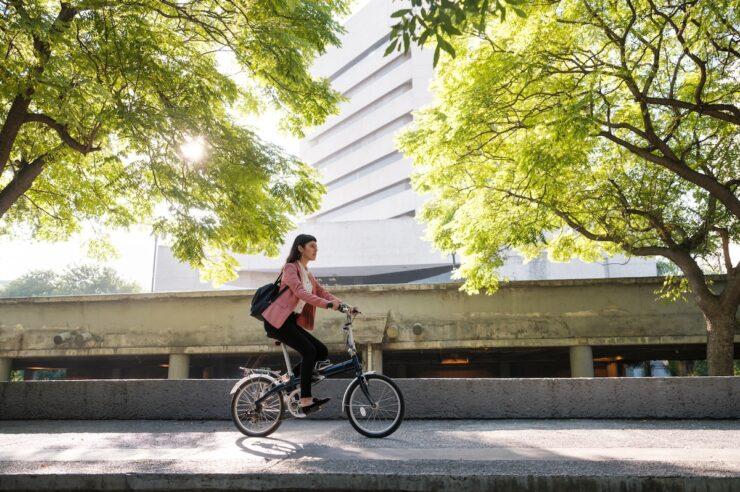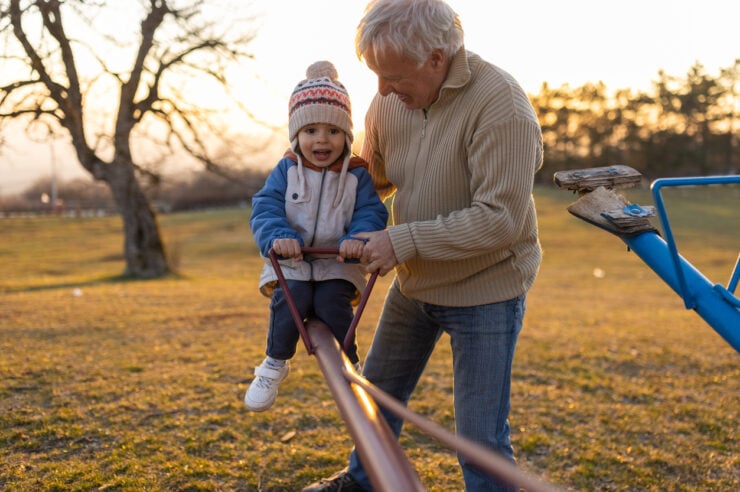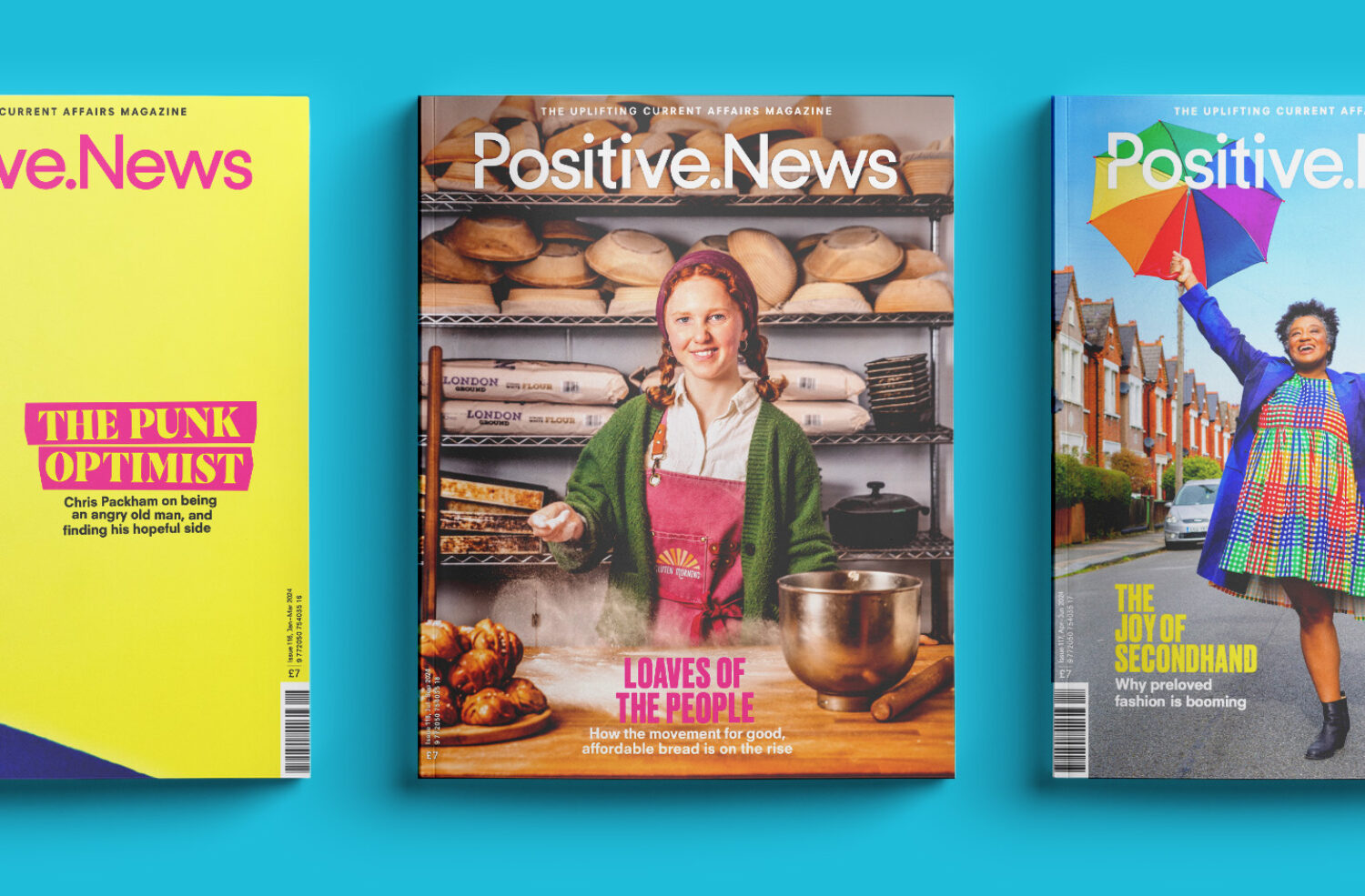Brazil put a billionaire tax on the table, the EU’s power sector saw a ‘historic shift’, and dogs were enlisted to help rewild England, plus more good news
This week’s good news roundup

In a landmark move, finance leaders from the world’s biggest economies have agreed to work together to tax billionaires more effectively. How they’ll do that remains contentious.
In a joint declaration following a G20 meeting in Rio de Janeiro, Brazil, finance leaders agreed that “ultra-high net worth individuals” should “contribute their fair share in taxes”. However, the US treasury secretary, Janet Yellen, rejected calls for a global billionaire tax, despite the idea having strong support at home.
Brazil led calls for a global billionaire tax after commissioning economist Gabriel Zucman to create a blueprint for such a scheme. Zucman estimated that taxing the world’s 3,000 billionaires 2% of their wealth would generate upwards of $250bn (£1.96bn) annually.
An Oxfam report, published in January, found that the world’s five richest men have more than doubled their fortunes since 2020, while the wealth of the poorest 60% has in real terms fallen.
Oxfam International’s tax policy lead, Susana Ruiz, said the declaration represented “serious global progress”. She added: “At the [forthcoming] G20 summit in November, leaders need to go further than their finance ministers and back concrete coordination: agreeing on a new global standard that taxes the ultra-rich at a rate high enough to close the gap between them and the rest of us.”
Image: Jacob Vizek
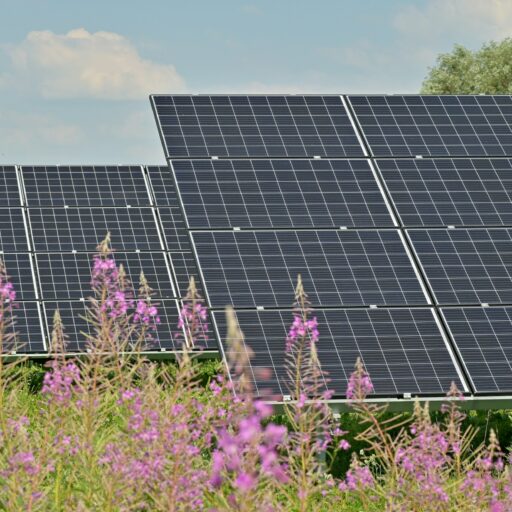
For the first time, wind and solar generated more electricity in the European Union than fossil fuels over a six-month period.
According to new analysis from the thinktank Ember, wind and solar grew to an all-time high of 30% of the EU’s electricity in the first half of 2024. This compared to 27% from fossil fuels, which fell by 17%.
“With wind and solar on the rise, the role of fossil fuel power is narrowing,” said Ember analyst Dr Chris Rosslowe. “We are witnessing a historic shift in the power sector, and it is happening rapidly.”
The waning relevance of fossil fuels in the EU grid came despite an increase in electricity use in the bloc, said Ember. But what does all this mean for emissions?
According to the Centre for Research on Energy and Clean Air, 2023 saw the steepest reduction in emissions in the bloc’s history (except in 2020, when Covid lockdowns caused energy use to plummet). That trend is likely to accelerate – and it needs to. A report by the European Environment Agency said that current policies would see the bloc fall short of its target to cut carbon emissions by 55% this decade. It predicted emissions cuts would be around 43%.
Image: Andres Siimon
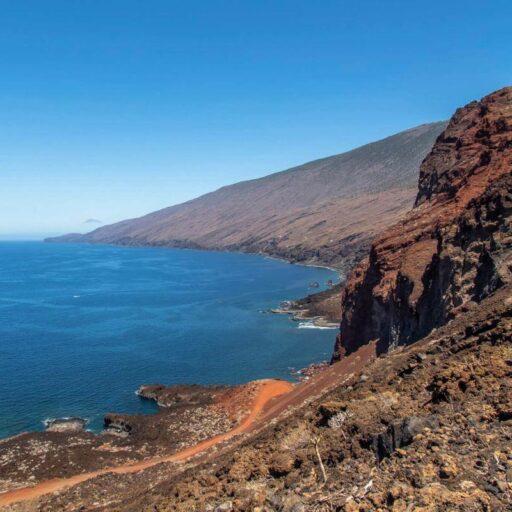
A “pristine” ocean habitat off the coast of Spain is to become the country’s first all-marine national park – a win for campaigners who lobbied hard for such a status.
Home to one of the world’s largest communities of beaked whales, Mar de las Calmas – ‘the sea of calm’ – is located off the coast of El Hierro, a Canary island. Fishing has been heavily restricted there since 1996, contributing to its status as a biodiversity hotspot.
On Tuesday, the Spanish cabinet approved plans to further protect Mar de las Calmas (pictured) by declaring it a marine national park. The park will encompass underwater volcanoes and coral gardens, home to turtles, tuna, rays, dolphins and whales.
“The Mar de las Calmas is a unique place, perhaps the greatest in tropical and sub-tropical diversity,” said Teresa Ribera, the ecological transition minister. “It will have the highest degree of protection.”
Image: Hello Canary Islands
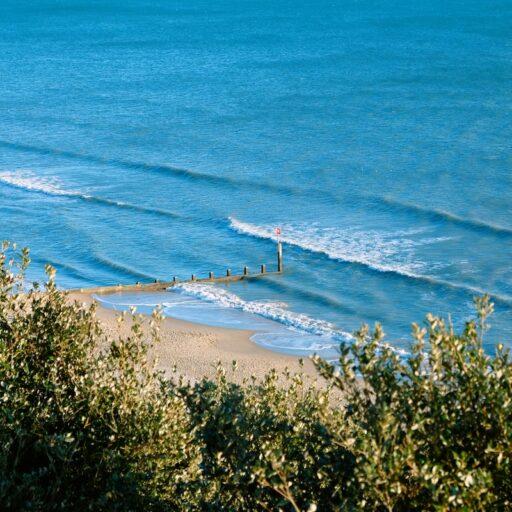
There has been an 80% reduction in the number of single-use carrier bags washing up on UK beaches since shops started charging for them.
That’s according to figures from the Marine Conservation Society (MCS), which has conducted beach litter surveys annually for 30 years.
The charity’s volunteers found an average of one plastic bag for every 100 metres of beach surveyed in 2023, compared to five per 100 metres in 2014. Mandatory charges for bags were introduced in the UK from 2011. “It is brilliant to see policies on single-use plastics such as carrier bags working,” said Lizzie Price, programme manager at MCS.
However, the charity’s volunteer surveys still found that nine out of 10 beach litter items are made from plastic. Price said: “We need broader policies that charge or ban more single-use items where possible, such as the proposed deposit return schemes for plastic bottles, cans and glass. We must move quicker towards a society that repairs, reuses and recycles.”
Image: Marcus Loke

The most expansive and pristine blanket bog in the world – the Flow Country in Scotland (pictured) – has joined the Serengeti, Galapagos Islands and Great Barrier Reef in securing Unesco world heritage status.
Blanket bogs, so named because they cover landscapes like a blanket, are globally rare habitats. The Flow Country covers around 4,000 sq km and supports a complex and fragile ecosystem that stores around 400m tonnes of carbon – more than all the UK’s forests and woodlands combined.
“World heritage site status will lead to greater understanding of the Flow Country and raise the profile of Scotland’s peatlands globally for their value as biodiverse habitats and important carbon sinks,” said Graham Neville, head of operations at NatureScot, which is responsible for managing the country’s natural heritage.
“It is a wonderful recognition of the expert stewardship of farmers and crofters in maintaining this incredible ecosystem.”
Image: The Flow Country

‘Man’s best friend’ is becoming an ally of nature too thanks to a novel rewilding project in southern England.
Equipped with leaky backpacks full of wildflower seeds, dogs are being let loose on a site just outside Lews, where they “mimic” an ecological role vacated by wolves when they were driven to extinction the 18th century.
Wolves unwittingly collected seeds in their fur and deposited them all over the UK, creating new colonies of plants. Now Lewes’ dogs are doing the same thanks to an initiative run by the Railway Land Wildlife Trust and the Wilderlife rewilding platform.
The idea is believed to have started in Chile, where people used dogs to disperse seeds following devastating wildfires. Dogs can cover larger distance than their owners and often explore areas that are hard for humans to reach.
Project manager Dylan Walker said: “This has been such a joyous experience. Dog walkers often get bad press when walking in the countryside, so we’re so pleased to tell a story in which dogs and their owners are the stars.”
Image: Railway Land Wildlife Trust

Being vaccinated against shingles may also help delay getting diagnosed with dementia – a study in the journal Nature Medicine suggests.
Researchers from the University of Oxford, England, compared around 100,000 people who had the new shingles jab Shingrix to a similar group who had an older one.
On average, those who had the Shingrix jab had an extra 164 days free from a dementia diagnosis over six years. Further work is needed to prove the link, scientists say.
Co-author Prof Paul Harrison said: “Even if it is a delay of 164 days, for example, on the public health level, that would not be a trivial finding. It is a big enough effect that if the link is proved, it feels meaningful to us.”
Image: Cottonbro Studio

One of the Netherlands’ leading galleries has launched tours exclusively for people with dementia – and their caregivers.
The Kunstmuseum in The Hague has more than 165,000 works on display, including pieces by Mondrian, Van Gough and Monet. An exclusive tour of such works is now available for people with dementia on the last Friday of every month thanks to the museum’s Art Connection programme.
Research has shown that that looking at and talking about art has a positive effect on people with dementia.
“Emotional experience and the connecting power of art are central to this new, interactive programme,” said the Kunstmuseum in a statement. “[We] want to make a positive contribution to the quality of life of both people with dementia and their caregivers.”
Image: Kunstmuseum

More people in the UK could soon get access to mental health support thanks to new online treatments developed by the University of Oxford.
While some argue that there is no substitute for real-world talking therapy, waiting lists for therapists on the UK’s National Health Service (NHS) are long. Meanwhile, demand is soaring with an estimated one in four adults experiencing a mental health issue.
The adult treatments require patients to work through online modules, which can be accessed 24/7. They also get access to a therapist over the phone. For children, the programmes train parents and guardians to provide the treatment at home, with support from a therapist.
All treatments have been approved by the NHS after trials deemed them effective. They will be available from September.
Prof David Clark, whose team helped to developed the programme for social anxiety, said: “Internet programmes that deliver optimal treatment for both adolescents and adults have the potential to transform lives and enable people to realise their true potential at school, in the workplace and in society.”
Image: Tatiana Syrikova
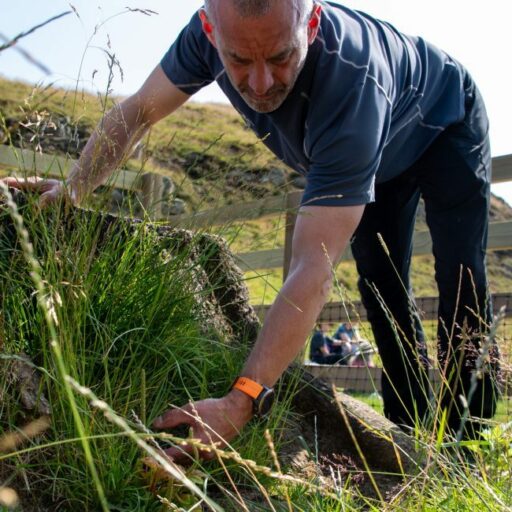
An iconic tree that was illegally hacked down on the English-Scottish border may live on after shoots were discovered sprouting from its stump.
The sycamore tree, which stood in a dip in Hadrian’s Wall, inspired artists and even appeared in Hollywood films, before it was felled last autumn, sparking global sadness and outrage. This week, eight new shoots were found growing from its base, giving hope that the tree will live on.
The regrowth was spotted by Gary Pickles (pictured), a ranger for the Northumberland National Park Authority. “I was first at the scene when the tree was discovered felled, and I remember saying hurriedly that it was gone. Now, I hope I can say that it’s back.”
The good news comes as seedlings gathered in the aftermath of the tree’s felling flourish at the National Trust’s Plant Conservation Centre. Saplings could be ready to plant within the next two years, the charity said.
Image: National Trust
Main image: R.M. Nunes/iStock
Get your weekly fix of good news delivered to your inbox every Saturday, by signing up to the Positive News email newsletter.
Be part of the solution
Positive News is helping more people than ever to get a balanced and uplifting view of the world. While doom and gloom dominates other news outlets, our solutions journalism exists to support your wellbeing and empower you to make a difference towards a better future.
But our reporting has a cost and, as an independent, not-for-profit media organisation, we rely on the financial backing of our readers. If you value what we do and can afford to, please get behind our team with a regular or one-off contribution.
Give once from just £1, or join 1,400+ others who contribute an average of £3 or more per month. You’ll be directly funding the production and sharing of our stories – helping our solutions journalism to benefit many more people.
Join our community today, and together, we’ll change the news for good.

